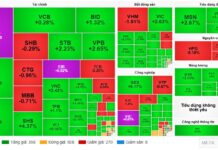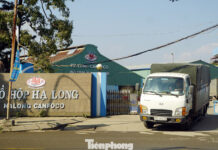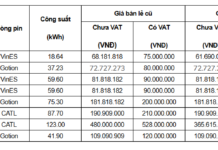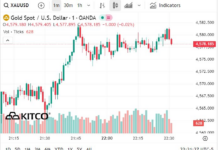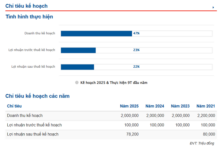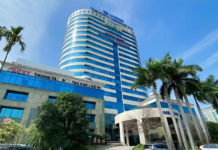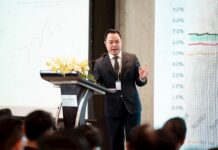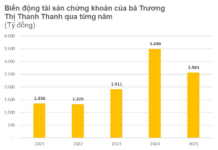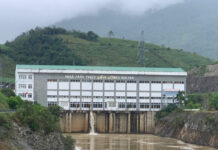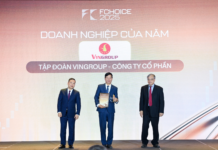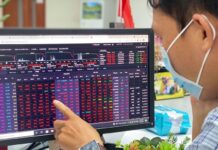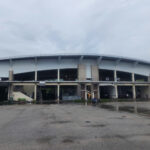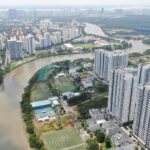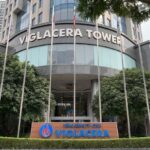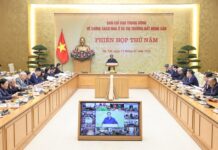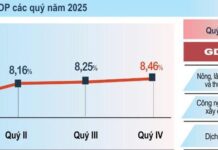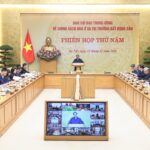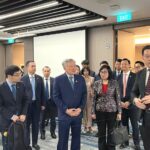Ho Chi Minh City Expands Real Estate Opportunities for Foreigners
The People’s Committee of Ho Chi Minh City has recently announced a list of 48 investment projects for constructing residential buildings in areas where foreign organizations and individuals are permitted to own properties. Combined with the 17 projects announced earlier, there are now a total of 65 projects in the city that are open to foreign property ownership.
Most of the Projects Cater to the High-end Market
Out of the 48 newly announced projects, 40 are developed by Phu My Hung Development Corporation and are located in Area A of the new urban area in the south of the city (in Tan Hung and Tan My wards). In addition, there are three projects in Tan My ward by Phu Hung Thai Development Joint Stock Company, namely the Midtown M5, M6, and M7 residential areas, and the M8 Midtown project, covering a total land area of nearly 45,000 square meters.
In Binh Trung ward, there are two projects: the high-rise apartment buildings CC1 and CC5 (commercially known as The Privé) by Dat Xanh Group Joint Stock Company, and the Binh Trung Dong residential area by CVH Mua Xuan Limited Company.
Cat Lai ward is home to three projects by Capitaland – Thien Duc Limited Company: the Y2 commercial and residential complex, the Y1 high-rise apartment complex with commercial and service facilities, and the Z2 commercial and residential complex.
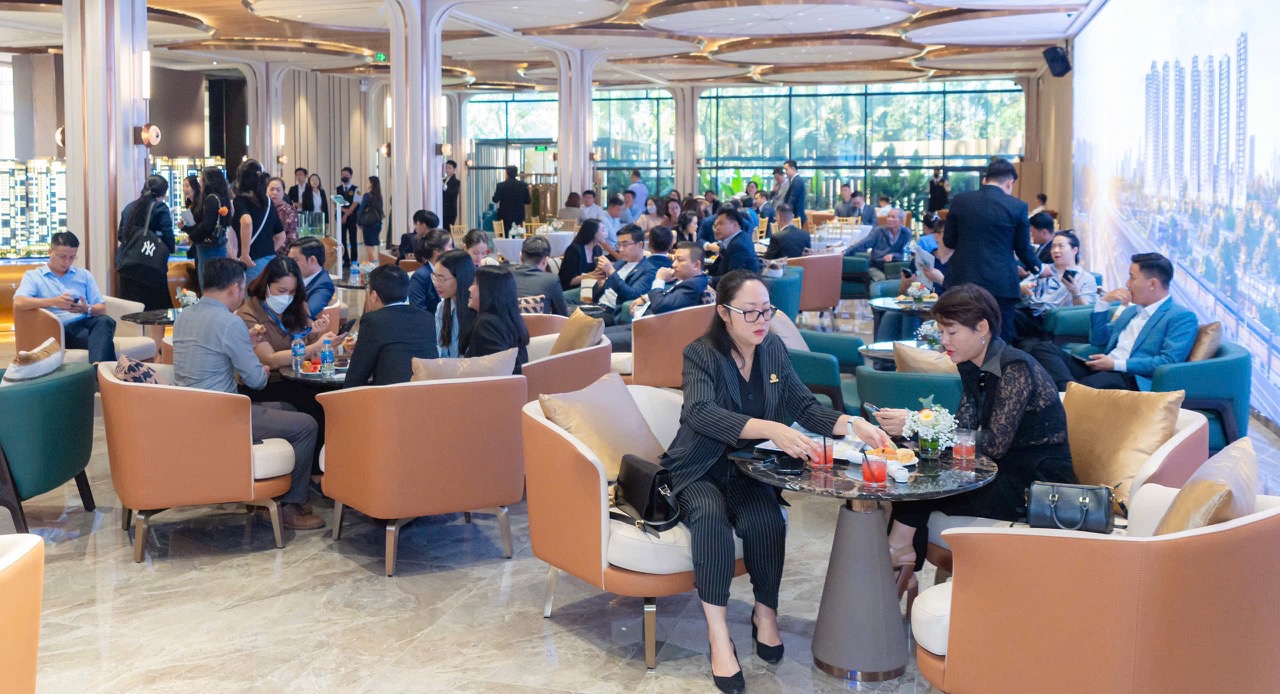
The Privé, a project by Dat Xanh Group, attracts both domestic and foreign buyers due to its proximity to the new Thu Thiem urban area, which is slated to host Ho Chi Minh City’s International Financial Center. Photo: SON NHUNG
Some other notable projects open to foreign property ownership include Dragon Village by Dragon Village Real Estate Joint Stock Company (in Long Truong ward), the Binh Thien An Complex Urban Area on the island – Phase 1 by Binh Thien An Real Estate Joint Stock Company (in Binh Trung ward), and the CC1 and CC2 apartments (part of the Nguyen Son residential area project) by Mizuki Limited Company (in Binh Hung commune)…
According to market observations, two-bedroom apartments in areas like Sky Garden 3 and Hung Vuong 2 in Phu My Hung are currently priced at around VND 2.5 billion, while high-end options such as The Horizon and Cardinal Court range from VND 8-17 billion. In Midtown, two-bedroom apartments spanning 80-110 square meters are offered at VND 7.2-9 billion, and three-bedroom units are priced at nearly VND 9 billion. In Binh Trung, The Privé by Dat Xanh is priced at VND 5-8 billion for units ranging from 49-80 square meters…
Under the 2023 Housing Law, foreigners are entitled to purchase and own properties in Vietnam, including apartments and separate houses in commercial projects, provided that they do not fall within areas designated for national defense or security. The regulations also stipulate that foreign ownership is limited to a maximum of 30% of the apartments in a condominium building and no more than 250 houses in a ward if they are separate houses.
In an interview with the Nguoi Lao Dong newspaper, Mr. Bui Ngoc Duc, CEO of Dat Xanh Group, remarked that the inclusion of The Privé in the list of projects open to foreign buyers indicates the project’s full compliance with legal requirements. “This presents an opportunity for us to target a new segment of international customers, including expatriates and entrepreneurs living and working in Ho Chi Minh City,” Mr. Duc stated, “thus enhancing the liquidity and prestige of Vietnam’s luxury real estate on the regional map.”
Moreover, opening up The Privé to foreign buyers will foster the formation of a diverse and international community in Thu Thiem, the city’s emerging economic and financial center.
The CEO of a company developing a project in the former District 8 area shared a similar sentiment, expressing that expanding the range of projects available to foreign buyers would positively impact the apartment market. This customer segment typically possesses strong financial capabilities and favors modern designs that emphasize energy efficiency and environmental friendliness. As a result, the housing supply becomes more diverse, fostering competition and providing a broader range of options for homebuyers.
Additionally, accommodating foreign property ownership addresses the housing needs of international experts, investors, and workers choosing Vietnam as their destination, while also injecting a significant potential customer base into the real estate market.
Attracting and Retaining Foreign Talent
Economist Dr. Dinh The Hien views Ho Chi Minh City’s expansion of real estate projects eligible for foreign ownership as a positive signal, not only for the real estate market but also for attracting high-quality international talent.
As the city attracts engineers, experts, and foreigners to work in the international financial center, the demand for housing is expected to surge. Offering a wider range of suitable projects will help retain this talent pool, enhancing Ho Chi Minh City’s competitiveness as a destination, especially considering that many other cities are also vying to attract and accommodate foreign experts, engineers, and high-caliber professionals.
“In developed countries, it is common for foreigners to own real estate, and Vietnam is gradually relaxing its regulations in this regard,” Dr. Hien remarked. He cited the “City Pulse 2025 – The Magnetic City” survey by Gensler, which ranked Ho Chi Minh City second in terms of retaining international residents, surpassing major cities like Singapore, Sydney, and Berlin. “This indicates that Ho Chi Minh City is not only a place to work and visit but also a desirable location for long-term residence,” he added.
Supporting the decision to expand real estate projects open to foreign ownership in Ho Chi Minh City, economist Dr. Huynh Trung Minh suggested focusing on the mid-range and high-end segments. He reasoned that if the city aims to attract and retain high-caliber experts and engineers, these professionals would have the financial means to afford mid-range and high-end properties.
“Allowing foreigners to purchase affordable or moderately priced properties in the context of rising real estate prices could reduce homeownership opportunities for low- and middle-income locals,” Dr. Minh explained, citing the example of the United States, where policies encourage foreigners to purchase homes or settle in outlying or sparsely populated areas to alleviate population concentration.
According to Dr. Pham Viet Thuan, Director of the Institute of Resources and Environment, permitting foreigners to buy properties outside of defense and security areas aligns with international practices. However, he emphasized the need for clear area and criteria definitions to prevent scattered foreign ownership that could impact the local culture and community security.
Dr. Thuan proposed that Ho Chi Minh City could leverage Resolution 98 of the National Assembly on special mechanisms to develop specialized areas for foreigners in districts like the former District 2, District 7, and Cu Chi, or areas along the city’s beltways 2, 3, and 4. Concentrating on this model would not only enhance management efficiency but also provide a sustainable revenue stream for the city, as the target buyers are predominantly high-income individuals willing to invest significantly in real estate.
“If the policies are promptly adjusted to align with both the Land Law and the Housing Law, Ho Chi Minh City will gain new momentum to attract foreign investment, diversify its supply, and more effectively exploit the segment of real estate dedicated to experts and foreigners,” the expert emphasized.
Proposal to Recognize Foreign Individuals as Land Users
The Ho Chi Minh City Real Estate Association (HoREA) has recently proposed amendments to the 2024 Land Law. Specifically, HoREA suggested recognizing foreign individuals legally entering Vietnam as “land users,” enabling them to purchase or lease houses associated with land use rights as per the Housing Law.
According to Mr. Le Hoang Chau, Chairman of HoREA, while the 2023 Housing Law permits foreigners to own commercial properties for up to 50 years, along with land use rights for a limited duration, the 2024 Land Law lacks corresponding provisions. This inconsistency not only creates legal barriers but also diminishes the attractiveness of Vietnam’s real estate market to foreign investors.
Mr. Chau asserted that the proposed amendment would have no impact on national defense and security. Foreign individuals are only allowed to purchase properties in commercial projects outside critical areas, and Ho Chi Minh City has already disclosed the list of eligible projects. Furthermore, individuals with ill intentions would not require ownership, as renting or utilizing accommodation facilities already provides convenience and lower visibility.
Urban Infrastructure Corporation Unveils Bung Goi Verdura Estate Project
On August 19, 2025, at the Novotel Phu Quoc Resort, Ha Tang Do Thi Corporation (the developer) officially announced the project’s information and distribution partners for the Bung Goi Verdura Estate project, continuing its over-a-decade-long journey alongside Phu Quoc’s development.
The New Landed Property Prices in Ho Chi Minh City Reach 230 Million VND per square meter
The real estate market in Ho Chi Minh City is set for a significant transformation, presenting immense opportunities for growth and expansion. The city’s merger paves the way for a vibrant future, with enhanced connectivity that will spur the development of surrounding satellite towns. This strategic move is a game-changer, unlocking the potential for a thriving and interconnected urban landscape.
Which Areas Saw the Biggest Rise in Apartment Prices Post-Merger?
The merger with Ho Chi Minh City has set new price levels for primary apartments in the suburban areas. In Ho Chi Minh City, the average primary apartment price reached its peak, surging by 29% year-on-year. Surrounding provinces also witnessed notable increases: Binh Duong with a 14% annual rise, Dong Nai with 15%, and Long An, which emerged as the new hotspot, saw a staggering 90% escalation in prices year-on-year.
“Viglacera Considers Divesting from its Management Arm that Operates Gelex Tower, Capital Place, and Thang Long Number One.”
In its real estate restructuring plan, Viglacera contemplates capital withdrawal from two key entities: CTCP Tu Van Viglacera and CTCP Visaho. These companies are prominent players in the management and operation of prestigious office buildings and apartment complexes.

